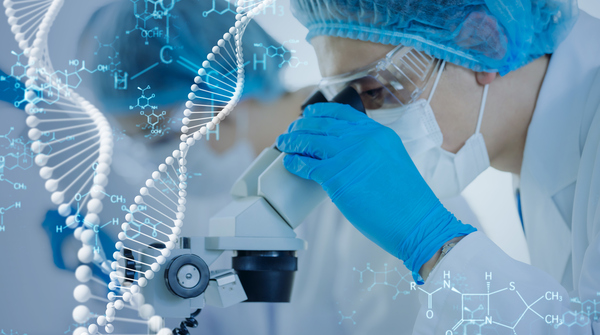5 Chemistry Basics Everyone Should Know
Currently, in the media, we can read numerous reports about science, health, and food. Sometimes these reports can be quite alarming, but they might also be sensationalized headlines to grab attention. Chemistry is a crucial foundational discipline with many real-life applications. Possessing good chemical knowledge can help reduce the chances of being misled.
A science blog, "The Logic of Science," presents five simple yet essential pieces of chemical knowledge that everyone should be aware of before discussing science-related topics:
- Everything is Chemistry It's essential to reiterate that everything is made up of chemicals. There's no such thing as a product that is "chemical-free," and a lifestyle that is "chemical-free" is impossible. Oxygen we breathe, carbon dioxide we exhale, the water we drink, the carbohydrates we consume – they are all chemicals. All living organisms operate through chemical reactions, including you reading this article. Thus, there's no need to fear chemicals, even if their names appear complex or unpronounceable.
- Dose Determines Toxicity Following the first point, concerns about "toxic chemicals" might arise. It's important to remember that dosage matters: any chemical substance is harmless at low enough doses and toxic at high enough doses. In other words, there's no such thing as inherently "toxic" or "safe" chemicals. When evaluating products containing potentially harmful substances, ask two questions: What is the acceptable dose for humans? What is the quantity in the product? Only with answers to these questions can we assess potential dangers.
- Natural vs. Synthetic Many assume "natural" guarantees safety and "synthetic" is inferior due to laboratory production. However, substances don't check their "birthplace" before reacting chemically. The source of a chemical doesn't determine its safety or danger. For instance, natural and synthetically produced pure water molecules are indistinguishable. Naturalness doesn't dictate a chemical's safety, and artificiality doesn't dictate danger.
- Natural Doesn't Equal Good, Synthetic Doesn't Equal Bad This concept refers to chemicals that naturally exist versus those synthesized artificially. Dosage still determines toxicity, so whether a chemical is good or bad depends on its dose, not its source. Moreover, many "natural" chemicals can be toxic, like arsenic. Chemical properties depend on molecular structures, and we shouldn't assume nature has already produced every chemical beneficial or harmful to humans.
- Chemical Properties Depend on Bonds Chemical substances are made up of different elements and molecules, leading to diverse properties. For example, sodium is highly reactive and unstable, producing heat when exposed to water. Chlorine gas, in contrast, is toxic to humans even at low doses. However, when combined to form sodium chloride, or common table salt, it's safe and does not react violently with water.
In conclusion, while these concepts might seem basic, they have profound implications. Understanding these principles can help people navigate the complex world of chemicals and make informed decisions based on scientific reasoning rather than unfounded fears or misconceptions.



 GO TOP
GO TOP
